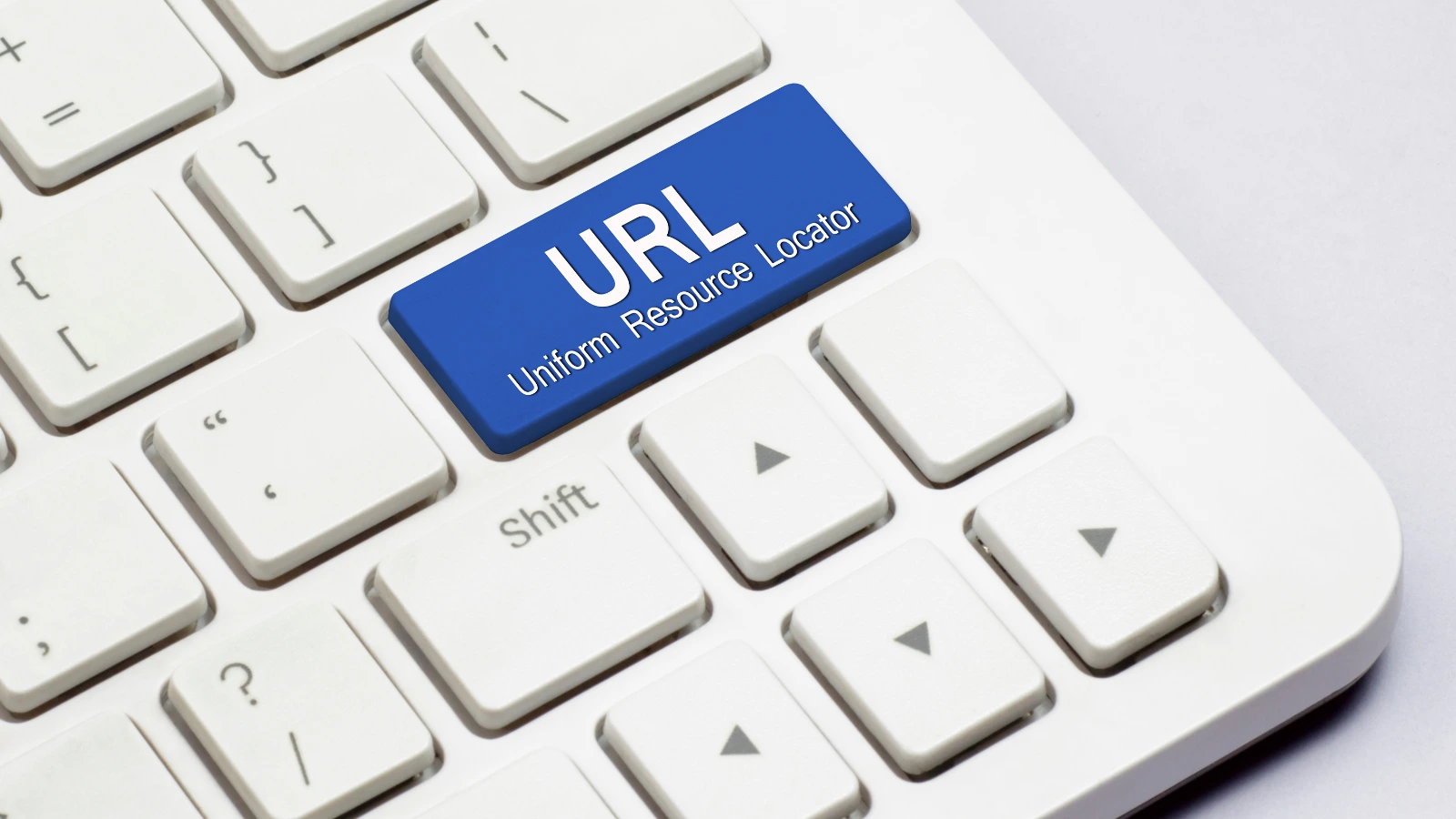In today’s fast-paced digital world, URL shortening has emerged as an invaluable tool for both businesses and individuals. URL shortening not only makes web links more manageable but also provides a host of other benefits that improve user experience and marketing efficiency. In this blog, we will explore the various benefits of URL Shortener, the techniques involved, and some real-world case studies to demonstrate its effectiveness.
By the end, you will understand why mastering URL shortening is crucial in the modern digital landscape.
What is URL Shortening?
URL shortening is the process of converting a long URL into a shorter, more concise one. The shortened version of the URL redirects users to the original destination. Services such as Bit.ly, TinyURL, and Munshify URL Shortener have made URL shortening popular among users. With just a few clicks, anyone can shorten a long URL, making it easier to share across social media platforms, emails, or websites.
Benefits of URL Shortening
- Improved User Experience
One of the most significant advantages of URL Shortener is the improvement in user experience. Long URLs often appear cluttered and unappealing, especially on social media posts, emails, or printed material. By shortening URLs, you make links more aesthetically pleasing and more likely to be clicked. Short URLs are easy to remember, and they reduce the likelihood of errors when typing or sharing them.
- Enhanced Click-Through Rates (CTR)
URL shortening has been proven to improve click-through rates (CTR) for marketing campaigns. Short URLs are more likely to be clicked because they are simple and do not overwhelm the audience with an overwhelming amount of text. Shortened links are especially useful in email marketing campaigns, where the limited space often requires a concise URL. When you use URL Shortener, you can expect a noticeable increase in CTR, which can lead to higher conversions.
- Analytics and Tracking
Another major advantage of URL shortening is the ability to track the performance of each link. Many URL Shortener services offer analytics features that allow you to monitor important data points such as clicks, geographical location of users, and referral sources. This information is invaluable for marketers and businesses, as it helps refine strategies and improve overall effectiveness.
For instance, you can determine which of your campaigns or social media posts generate the most traffic and adjust your strategy accordingly. This analytical capability makes URL Shortener a must-have tool for any digital marketer.
- Increased Brand Visibility
URL shortening also helps increase brand visibility. Many URL Shortener platforms allow you to customize your shortened links with branded domains. By incorporating your brand name into the shortened URL, you enhance brand recognition while maintaining a professional look. A branded short link also reinforces trust, as users are more likely to click on a link that they recognize as coming from a legitimate source.
- Simplified Sharing on Social Media
Sharing long URLs on social media platforms like Twitter, LinkedIn, or Facebook can be cumbersome. These platforms often have character limits, and a long URL could take up a substantial portion of that space. URL shortening enables you to free up valuable characters for additional content, making your social media posts cleaner and more engaging. Short URLs also fit better in bio sections, comments, or replies, further enhancing the reach of your content.
- Prevention of URL Breakage
Sometimes, long URLs may break when shared in emails or text messages, leading to a frustrating experience for users. URL Shortener helps prevent this issue by creating clean, unbroken links. A short URL is less likely to be truncated by email clients or social media platforms, ensuring that your links remain functional and effective.
Techniques for URL Shortening
To take full advantage of URL shortening, it is essential to understand the different techniques that can be employed. Let’s break down some of the methods involved.
- Using Online URL Shorteners
The most common method of shortening URLs is by using online URL Shortener services. These tools are easy to use and often require no technical knowledge. All you need to do is paste your long URL into the tool’s interface, and it will automatically generate a short link for you. Some popular services include Munshify URL Shortener, Bit.ly, TinyURL, and Rebrandly.
- Branded URL Shorteners
For businesses and marketers, branded URL shorteners offer more control over the links they share. These allow you to create custom short links using your domain name, which can help improve brand recognition. For example, instead of having a link like “msfy/abc123”, you could have “yourbrand.link/sale2025”. Branded URLs convey professionalism and help your audience easily recognize your business.
- Embedding Tracking Features
Many URL shortening services, in fact, offer the option to embed tracking features into your links. By using custom tracking parameters (like UTM codes), you can monitor the performance of your links in greater detail. This data will help you analyze your campaigns and adjust them for better performance. Be sure to leverage this feature to get the most out of URL Shortener.
- Mobile-Friendly URL Shortening
As mobile traffic increases, it is, therefore, crucial to use mobile-friendly URL-shortening services. This ensures that your shortened links work seamlessly across various devices, from smartphones to tablets. Many URL Shortener platforms are optimized for mobile devices, which helps in providing a better user experience across different platforms.
Case Studies of URL Shortening in Action
Case Study 1: E-commerce Website Marketing
An e-commerce company used URL shortening to track the success of its holiday season email marketing campaign. By using a branded URL shortener, the company generated custom links for each product category in the campaign. The links were embedded with tracking parameters to monitor the CTR and conversion rates. As a result, the company saw a significant increase in both click-through rates and sales conversions. URL Shortener helped them better understand their customer behaviour and adjust their marketing strategy.
Case Study 2: Social Media Influencer Engagement
A social media influencer in the fashion industry, for instance, employed URL shortening in their Instagram posts. They created short, customized links for each product they promoted, effectively directing followers to specific landing pages. With the help of URL Shortener, the influencer tracked which products generated the most engagement and adjusted their strategy for future collaborations. This approach helped increase their affiliate commissions and build stronger relationships with brands.
Mastering URL shortening is, therefore, a powerful strategy for anyone looking to improve their digital marketing efforts. The benefits of URL Shortener are clear: it enhances user experience, increases CTR, provides valuable analytics, and improves social media engagement. By using the right techniques and tools, you can maximize the potential of your digital links and track your marketing campaigns more effectively. Whether you’re a business owner, marketer, or influencer, mastering URL Shortener is a step towards a more efficient and effective online presence.
Now that you know the power of URL shortening, it’s time to start using it in your strategies. Take advantage of the tools and techniques discussed here to streamline your online presence, improve user experience, and boost your marketing efforts.



